Mirvac wins battle to control AMP Capital Wholesale Office Fund
AMP’s hope of a clean exit from its Collimate Capital business has come unstuck after Mirvac won control of its flagship $7.7bn wholesale office fund.
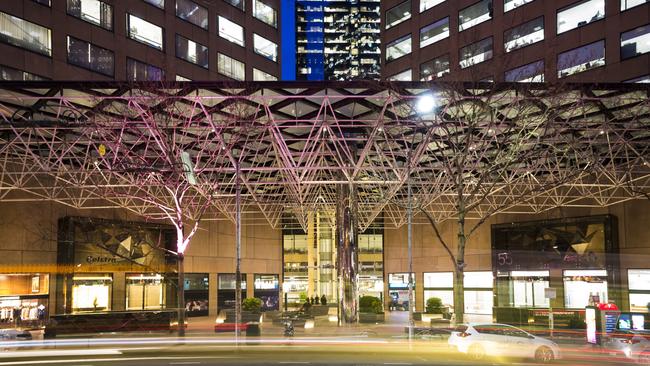
AMP’s hope of a clean exit from its Collimate Capital business has come unstuck after Mirvac won control of its flagship $7.7bn wholesale office fund.
The property developer and funds manager won a resounding vote on Monday and will take over the running of the AMP Capital Wholesale Office Fund after a long battle in which it garnered the support of key superannuation fund investors.
Mirvac won the backing of about 60 per cent of the vote, with about 29 per cent against it taking over the fund, as some investors abstained.
The move was a rare show of force by wholesale investors who requisitioned the meeting in May, a month after Dexus bought Collimate’s then $28bn local real estate and infrastructure funds management business for $250m.
The Australian first revealed that Mirvac would attempt to intervene in the management of the office trust in April, after it wrote to the trustee calling on it to engage with a proposal to run the fund, which owns stakes in key skyscrapers including Sydney’s Quay Quarter Tower. It also owns stakes in 33 Alfred Street in Sydney and major buildings in Melbourne.
The loss of the fund out of the Collimate stable upset plans to transfer management to Dexus. After the loss of the office trust and, separately, a $3bn mandate for UniSuper to GPT, the most that will shift across is $20.2bn.
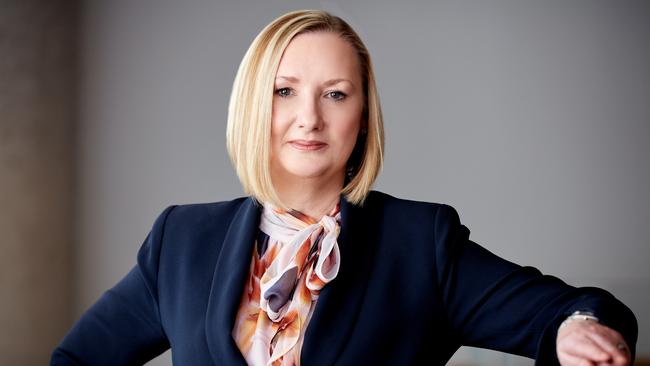
The vote for Mirvac was partly a repudiation of AMP’s decision to dump a spin-off of Collimate and to instead pursue a sale of the business, splitting it between local and international buyers, as well an investor backlash over longer-term governance problems.
Dexus is protected as it will not have to pay the earn out provisions relating to AWOF and it remains focused on using the Collimate deal to push into infrastructure, while also confident that it will keep AMP shopping centre assets.
AMP and Dexus had lobbied investors to stay with Collimate, arguing that they could deliver the best performance by keeping the investment management platform intact after some years of turbulence.
AWOF is comprised of 11 prime grade assets mainly in Sydney and Melbourne. It is underpinned by landmark assets such as Sydney’s Quay Quarter Tower and Melbourne’s Collins Place.
A required majority of AWOF unitholders did not vote in favour of effecting a liquidity facility but Mirvac is expected to unveil a similar scheme to provide $500m at a meeting shortly.
The deal vaults Mirvac’s capital under management, which will grow by 76 per cent to $18.1bn and Mirvac chief executive Susan Lloyd-Hurwitz said adding the AMP fund was an “acceleration of Mirvac’s long stated strategy to grow our third-party funds under management with aligned capital partners”. She added that it “further enhances our position as a top-tier manager of prime office assets in Australia”.
“We are pleased to offer AWOF unitholders reduced fees, a stand-alone trustee with a majority independent board and access to Mirvac’s market-leading, integrated asset creation and curation capabilities and platform including our $9.2bn office and mixed use development pipeline,” Ms Lloyd-Hurwitz said.
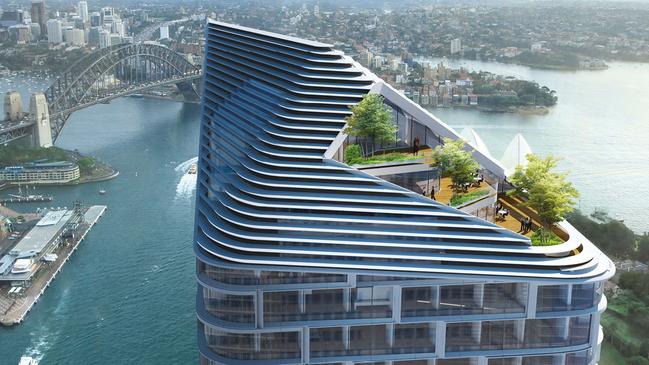
Losing the vote means that AMP will miss out on $150m under an earn out and the maximum potential price of the local Collimate operation will be cut to approximately $325m, including the $250m upfront payment.
The loss of the office fund puts a spotlight on the contests for the management of a pooled shopping centre fund and infrastructure funds that are part of the Collimate platform.
Vicinity Centres and GPT are looking at the retail fund and Plenary Group has been targeting an infrastructure fund. But each situation and the underlying investors are different.
AWOF, which took advice from investment bank Jarden, has been in play for more than a year, with Mirvac making its first approaches to disgruntled investors in early 2021. AMP had sought to emphasise the benefits of investors sticking with it and going to Dexus. But it raised hackles by last week warning it would only do the legal minimum required when transferring the fund to Mirvac if it lost the vote.
AMP anticipates the sale to Dexus will complete by the end of September, while it expects the divestment of its global infrastructure unit to DigitalBridge to be ruled off by November 30.
AMP said it “respects the decision of the fund’s investors and will comply with its legal obligations in the transfer of management rights”.





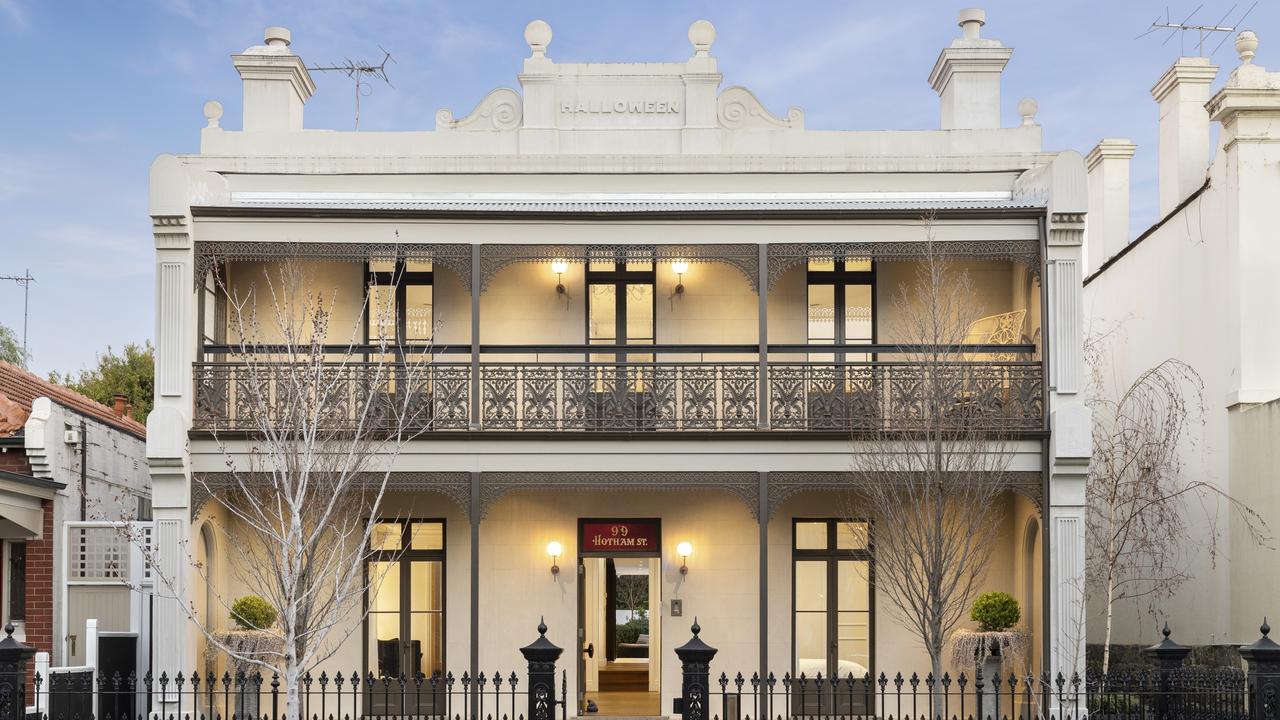
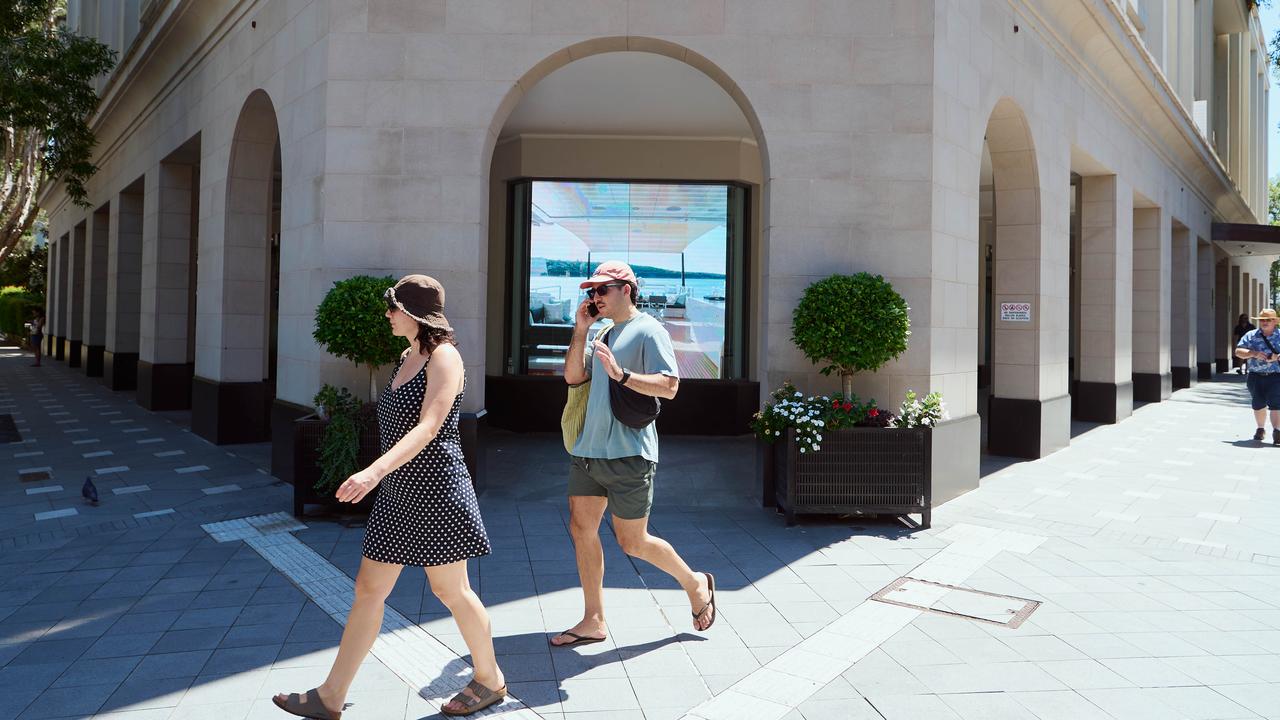
To join the conversation, please log in. Don't have an account? Register
Join the conversation, you are commenting as Logout